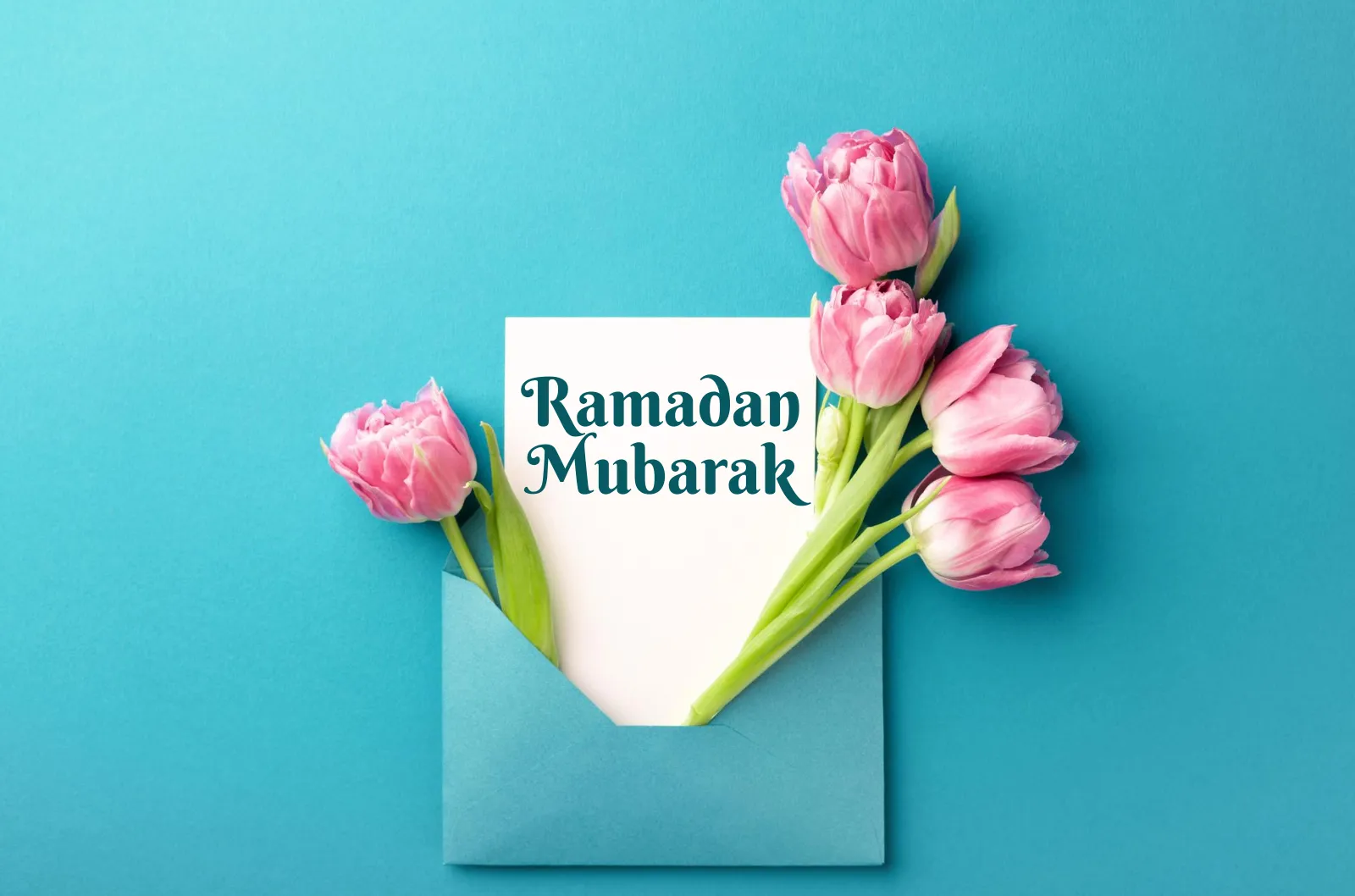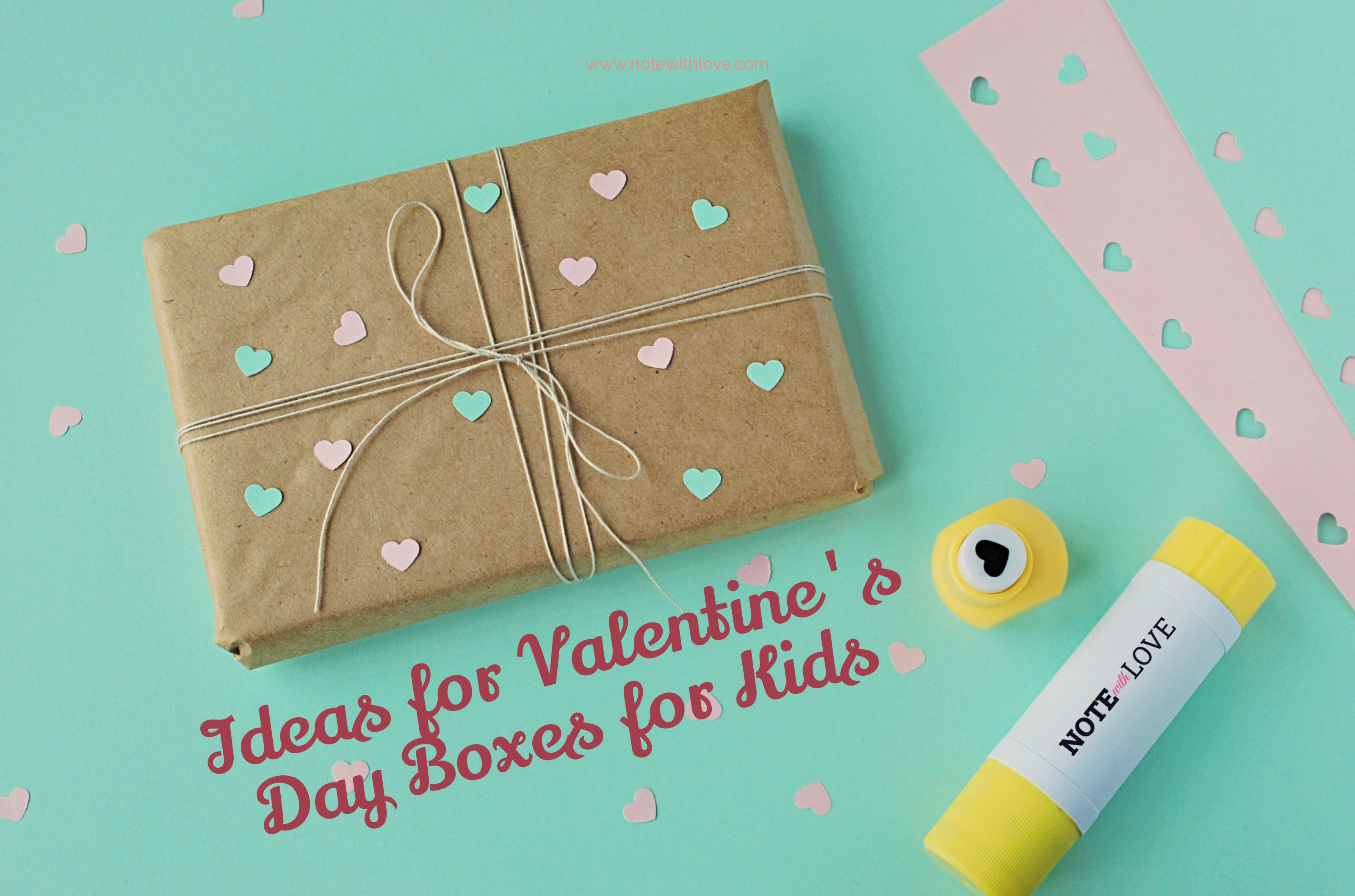- Family
- Friend
- Message
- Friend
- Family
Being Friends With Your Parents: Underrated or Overrated?
by Note with Love Team - Sep 22, 2023
Ah, yes, the age-old dilemma that vexes so many of us as we sail the perilous seas of growing up and going through adult life: Should we be friends with our parents? The idea of being pals with your parents is nuanced and multifaceted. This connection has typically been defined by parental control, direction, and responsibility, as well as child dependence and obedience.
However, the debate has varied over time, ranging from whether it is it an over-appreciated relationship that blurs the lines between respect and authority, or is it a warm, shared a friendship that is undervalued and full of laughter?
This article embarks on a fascinating and perceptive adventure that seeks the subtleties of this intriguing connection.
Understanding The Intricacies Of Parent-child Relationships And Friendship
Photo by Monstera Production on Pexels
Strong parent-child relationships lay the groundwork for emotional and psychological well-being. Understanding this dependency is essential when discussing friendship with parents. Having friends after kids is challenging, but to be friends with your kids may seem unorthodox. These connections give children a sense of stability, love, and support that stimulates open conversation, mutual understanding, and togetherness. In turn, this fosters trust in the relationships and helps children communicate more effectively.
The Friend-Parent Paradox
The Friend-Parent Paradox is a fine line between being friends with your parents and respecting their parental authority.
Imagine talking to your mother about your favorite TV show when she suddenly starts lecturing you about its negative effects. You’ll never feel comfortable sharing anything again. So it’s a tightrope walk with blurred lines and intertwined duties.
Parents need to know when to be confidants and when to be in charge, and kids need to realize that parental love comes with rules and regulations.
The Underrated Perspective
The Friendship Zone
When your parents are your pals, there will be constant laughing that reverberates throughout the house, late-night talks about life, secrets spilled over a cup of coffee, and chatting about work - becomes a norm. You guys become strong confidants even if you all don’t end up as partners in crime.
Bonding Is Adulting
As children step into adult life, their relationship with their parents evolves.
In place of imposing rules and reprimands, parents start acting more like mentors as they step away from their typical roles of authority. A strong friendly bond with your parents does not imply that you will receive no guidance. Stepping into adult life without parents’ guidance is, to put it bluntly, like trying to drive an SUV with square wheels.
The Incredible Healer
Conflicts inevitably arise because that’s what life is, a chaos! But having your parents by your side helps. It’s like having a superb therapist on speed dial. When you misstep or in a turmoil, they can step in and offer the level-headed wisdom that can only come from years of parenting as well as getting to understand you inside and out.
No more awkward family gatherings
Awkward chats and tight grins are usual at family reunions. A benefit of being friends with parents is that you can share inside jokes, gossip about quirky relatives, and play card games and no longer feel like an outcast at the dinner table.
The Overrated Skepticism
But hold on! Some cynics warn against this scenario, as it seems to be a utopian one. They urge us to proceed cautiously and make us aware of the hazards involved in blending the roles of parent and friend. After all, there’s a reason they’re called “parents” and not “pals” and they’re supposed to be authority figures rather than getting the side-eye from their kiddos.
Lack of Boundaries
One of the biggest concerns expressed is the imbalance of power dynamics. Parents possess the natural power over their children to uphold discipline. The parent-pal enigma diminishes the power lines. Fathers and mothers want to protect their kids. But without boundaries, children may perceive them as weak, leading to disdain and even rebellious manners.
The “Parent” Pitfall
In a friendship-parent mix connection, the parent may find it difficult to shift gears when necessary. Imagine your mother grounding you for spending the night with your buddies as if you were still a teenager- scary! It’s important for parents to know when to act their part and when to be compassionate friends.
Almost No Secret Keeping
We often reveal our darkest secrets and confessions to our buddies. But what if you had shared a sensitive moment with your parents and then you hear about it at a family gathering? Yes, it is awkward, super awkward!
Parental Biases
Parents could find it difficult to handle their children’s problems impartially and objectively, which might cause incorrect judgment which may unintentionally burden the kids emotionally in adult life journey.
Clash of Opinions With Serious Repercussions
Even the closest of friends can have disagreements and fights. However, a parent-child relationship collapse can lead to emotional distance or, in extreme circumstances, estrangement. It’s like facing a double blow in the gut.
Overcoming Obstacles In Parent-Child Relationships
Miscommunications, conflicts, and differences of opinion can all occur in parent-child friendships, just like any other. Overcoming these difficulties requires active and honest communication. It takes more effort when a parent has been distant from the kid. If that's the case, you may find this article interesting.
To avoid getting into trouble, it’s critical to strike a balance in which both parties respect each other’s perspectives while remaining open and cordial. To avoid friendship undermining the necessary parent child relationship, parents and kids must both be willing to impose limits on some activities.
Conclusion
Being friends with your parents might help you form a stronger link, but it can also lead to difficult situations such as discipline issues and boundary misunderstanding. The trick is to strike a balance between friendship and parenthood. Embracing the oddities and humor while still respecting the authoritativeness is how a dynamic matures as both parties communicate the lovely multifaceted nature of family life.
Trending in Notes
If I had a dollar for every time you’ve made my life better, I’d be the richest person in the world. Here’s to you, my love—happy birthday!
I may have taken you for granted at times, and things may have been tense or uncomfortable recently. But I do want you to know how much I value you and how happy I am to have you in my life. This Thanksgiving I am thankful that I have you.
You May Also Like


- Friend
- Gift Idea
18 Best Ideas For Valentine's Day Boxes For The Lovely Kids

- Celebrations
- Family
- Friend
- New Year










